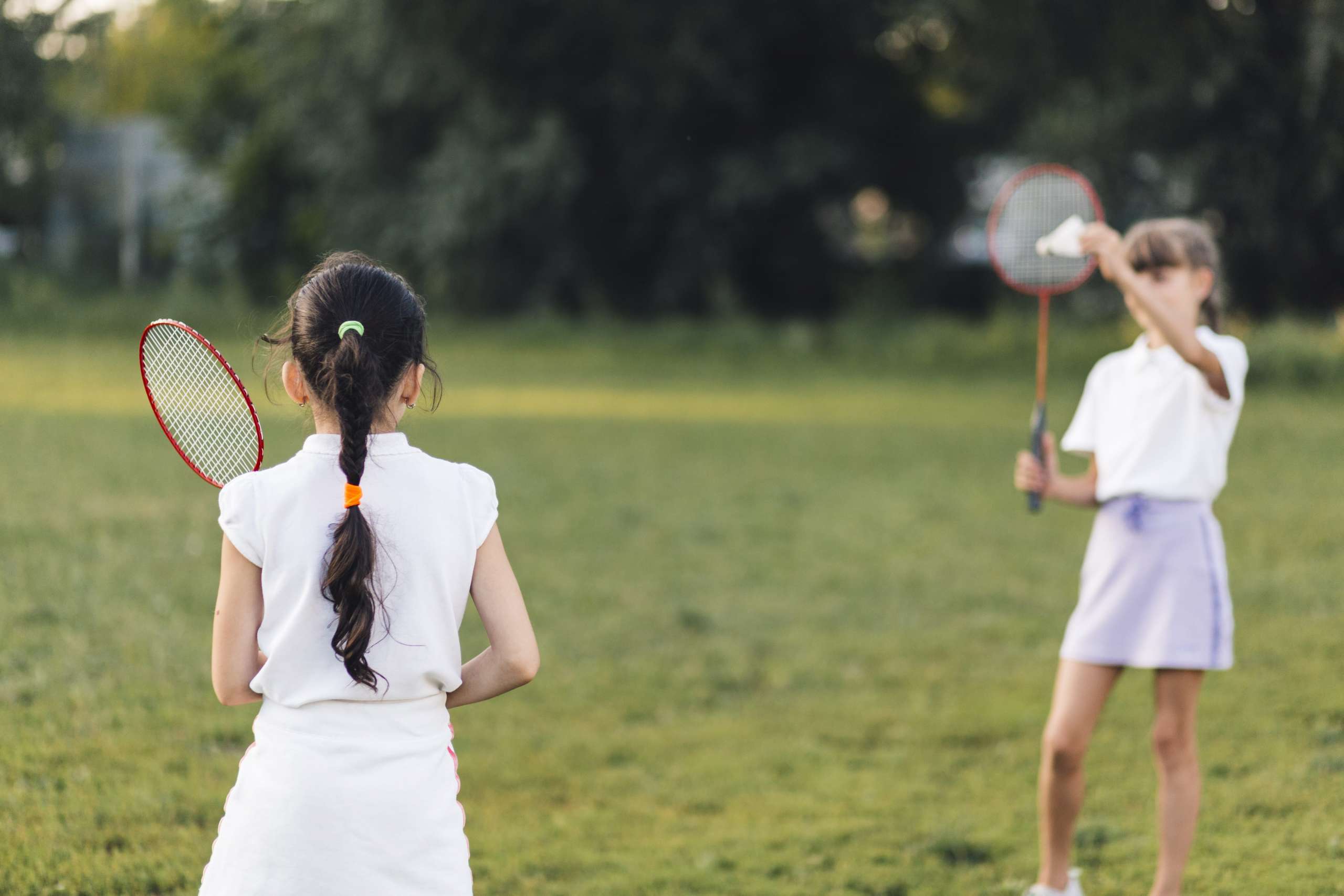
Atopic dermatitis is a disease that causes a number of negative effects. Can sports make a child more accustomed to the ailment?
Physical activity helps to maintain a healthy weight, but that is not the only reason why your child should play sport. Regular physical activity is also an opportunity for proper socialisation in a group of peers, a release of excess emotions and a way of forming positive habits such as perseverance and regularity.
Overweight and obesity are problems that can now be observed even in kindergarten. How to prevent it? The answer may lie in sport. Any physical activity contributes to burning fat tissue. So the more time your child spends outdoors or training in a club, the greater the chance that he will not have problems with maintaining a healthy weight.
Regular training is not only a chance to maintain a healthy weight. Frequent physical activity also makes you feel better. Both team games and individual training are activities that help you relax. Sport helps both adults and children face their daily difficulties. Physical activity is a chance to recharge positive energy, which is certainly helped by the hormones of happiness secreted by the body.
There’s no denying that physical activity helps with proper socialization in a peer group. So if you observe that your child is much more eager to spend his free time in front of the computer, has difficulty in establishing relationships with peers, training may be a way to solve the problem. However, remember not to force your child to play sports, because such action can bring the opposite result. Instead of forcing, use encouragement and keep looking until you find a sport which will turn into a hobby for your toddler.
Children who suffer from atopic dermatitis are much less likely to engage in sports training than their peers. There are several reasons for this. It may be embarrassment of showing the skin with lesions or fear that physical activity will aggravate the condition. Counterintuitively, regular workouts will help overcome the initial discomfort. Doing well in sports will boost your child’s self-confidence, and in time, skin changes will no longer matter. Acceptance in a peer group is extremely important for a growing child – they can find it on the soccer team or the climbing wall!
Sweat can have a negative effect on the condition of the skin. With atopic dermatitis, you need to take special care of proper hygiene. This does not mean that it is advisable to give up physical activity, on the contrary! Many specialists emphasize that sport in the life of a child with atopic dermatitis is very beneficial! How to take care of the skin during training?
First of all, it is important to wear the right clothing. This is of great importance. Specialized sports clothing, which is made of good quality materials, allows heat dissipation, so the skin sweats less. It is also worth taking care of proper hydration of the body, and (if possible) not to practice sports directly in the sun. Proper care of atopic skin also involves the regular use of specialized cosmetics. Thanks to them, the skin will be better moisturized and the lesions will be less bothersome.
If you have doubts whether your child can exercise with AD, consult your doctor. One visit to the dermatologist should clear up your doubts. You will also learn from the specialist how to care for your child’s skin so that even intensive training will not exacerbate the disease.
Featured photo: Freepik